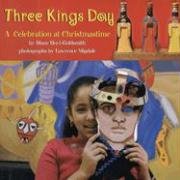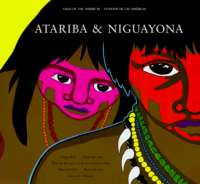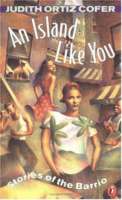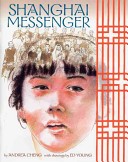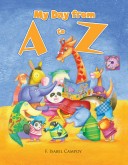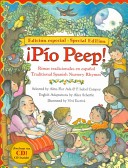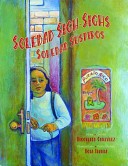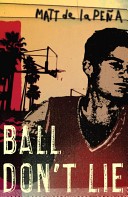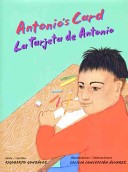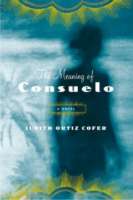
La nina seria, the serious child. That’s how Consuelo’s mother has cast her pensive, book-loving daughter, while Consuelo’s younger sister Mili, is seen as vivacious–a ray of tropical sunshine. Two daughters: one dark, one light; one to offer comfort and consolation, the other to charm and delight. But something is not right in this Puerto Rican family. Set in the 1950s, a time when American influence is diluting Puerto Rico’s rich island culture, Consuelo watches her own family’s downward spiral. It is Consuelo who notices as her beautiful sister Mili’s vivaciousness turns into mysterious bouts of hysteria and her playful invented language shift into an incomprehensible and chilling “language of birds.” Ultimately Consuelo must choose: Will she fulfill the expectations of her family–offering consolation as their tragedy unfolds? Or will she risk becoming la fulana, the outsider, like the harlequin figure of her neighbor, Mario/Maria Sereno, who flaunts his tight red pedal pushers and empty brassiere as he refuses the traditional macho role of his culture. This affecting novel is a lively celebration of Puerto Rico as well as an archetypal story of loss, the loss each of us experiences on our journey from the island of childhood to the uncharted territory of adulthood.
Americas Award For Children’s And Young Adult Literature. Winner
